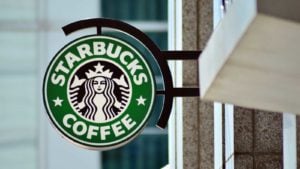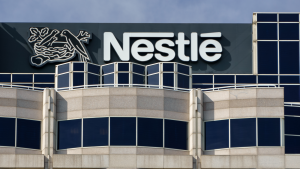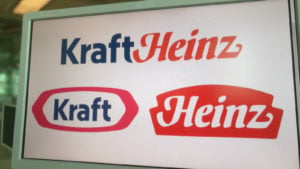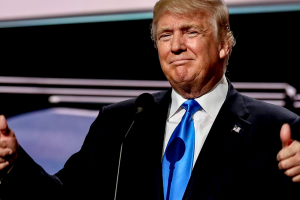
The three coffee stocks recommended in this article were inspired by Robert Kirby, a portfolio manager for nearly his entire working career. He co-founded Capital Guardian Trust Co., a subsidiary of Capital Group. As an L.A.-based investment manager, he worked right up to his death at the age of 80 in 2005.
However, he’s best known in investment circles for creating “Coffee Can” investing, the idea of buying high-quality companies and holding them for the long haul.
“You can make more money being passively active than actively passive,” Kirby wrote in his 1984 article about the Coffee Can portfolio in The Journal of Portfolio Management.
In the 1800s, people put their valuables in a coffee can, socking it away for a rainy day or a significant investment. Kirby borrowed the concept of investing, suggesting that active management can outperform by holding stocks longer. Thereby, this reduces transaction costs while improving investment decisions.
So, the three coffee stocks in this article would all be good candidates for the Coffee Can portfolio.
Starbucks (SBUX)

Any list of coffee stocks begins and ends with Starbucks (NASDAQ:SBUX). Over the past 15 years, SBUX has had an annualized total return of 19.32%, 77% higher than the SPDR S&P 500 ETF Trust (NYSEARCA:SPY).
The Seattle-based company often faces significant challenges that it somehow overcomes with time. The pandemic indeed hurt its business in China. However, SBUX is having a rebound in its second-biggest market as it heads into 2024.
CNBC’s Jim Cramer believes the concerns over its growth in China are unsubstantiated bunk.
“‘I’ve not seen anything that indicates Starbucks is being hurt in China,” Cramer said, adding that he’s less worried than others about the growth of local rival chains, such as Luckin Coffee. ‘They have so many more Starbucks that they can put up. It’s not like people aren’t going to Starbucks,’” he added. CNBC reported his comments from mid-September.
In Q3 2023, its China stores had 46% same-store sales growth as the time they reopened from the pandemic. It finished the quarter with 6,480 stores in China, about 40% of its U.S. total.
Nestle (NSRGY)

The beauty of investing in Nestle’s (OTCMKTS:NSRGY) is that the company isn’t pigeonholed into one category. The Swiss food conglomerate stands well-diversified.
In France, the company, alongside other suppliers, faces intense pressure to lower prices now that inflation has subsided. Fortunately, Nespresso isn’t a commodity easily duplicated. However, companies that don’t collaborate with grocery retailers on prices will likely lose business in the near term.
The company’s half-year results included an 8.7% increase in organic sales with an 11.1% increase in earnings per share. For all of 2023, it expects 7.5% growth in organic sales at the midpoint of its guidance with an 8% increase in EPS.
In the first half, Nespresso sales were 3.12 billion Swiss francs ($3.43 billion), growing 4.5% year over year (YOY) on an organic basis. Its Vertuo system owns huge responsibility for the growth.To put the results in perspective, Nespresso’s contribution to overall sales was just 7%.
Kraft Heinz (KHC)

In North America, Kraft Heinz (NASDAQ:KHC) continues transforming itself to better compete in the consumer packaged foods industry. For example, in 2019, the company explored selling its Maxwell House coffee brand. It ultimately decided to keep the 130-year-old brand.
The company reported Q2 2023 results in early August that included an 11% increase in prices YOY. Its international pricing was up a whopping 16.5%. Probably unsustainable, this could help pad the bottom line. In Q2, it earned 79 cents on an adjusted basis, 12.9% higher YOY. For the entirety of 2023, it expects to earn $2.87 a share.
“We grew across each of our three pillars: Foodservice, Emerging Markets, and U.S. Retail Grow Platforms. Importantly, we grew profits while also investing in marketing, research & development, and technology, which we funded through gross efficiencies,” said CEO Miguel Patricio.
In August, the company announced that he would move into the non-executive chair role and be replaced by Carlos Abrams-Rivera, the company’s president of its North America zone. Patricio was CEO for four challenging years. With the company in better shape, now is a good time for the transition.
On the date of publication, Will Ashworth did not have (either directly or indirectly) any positions in the securities mentioned in this article. The opinions expressed in this article are those of the writer, subject to the InvestorPlace.com Publishing Guidelines.





